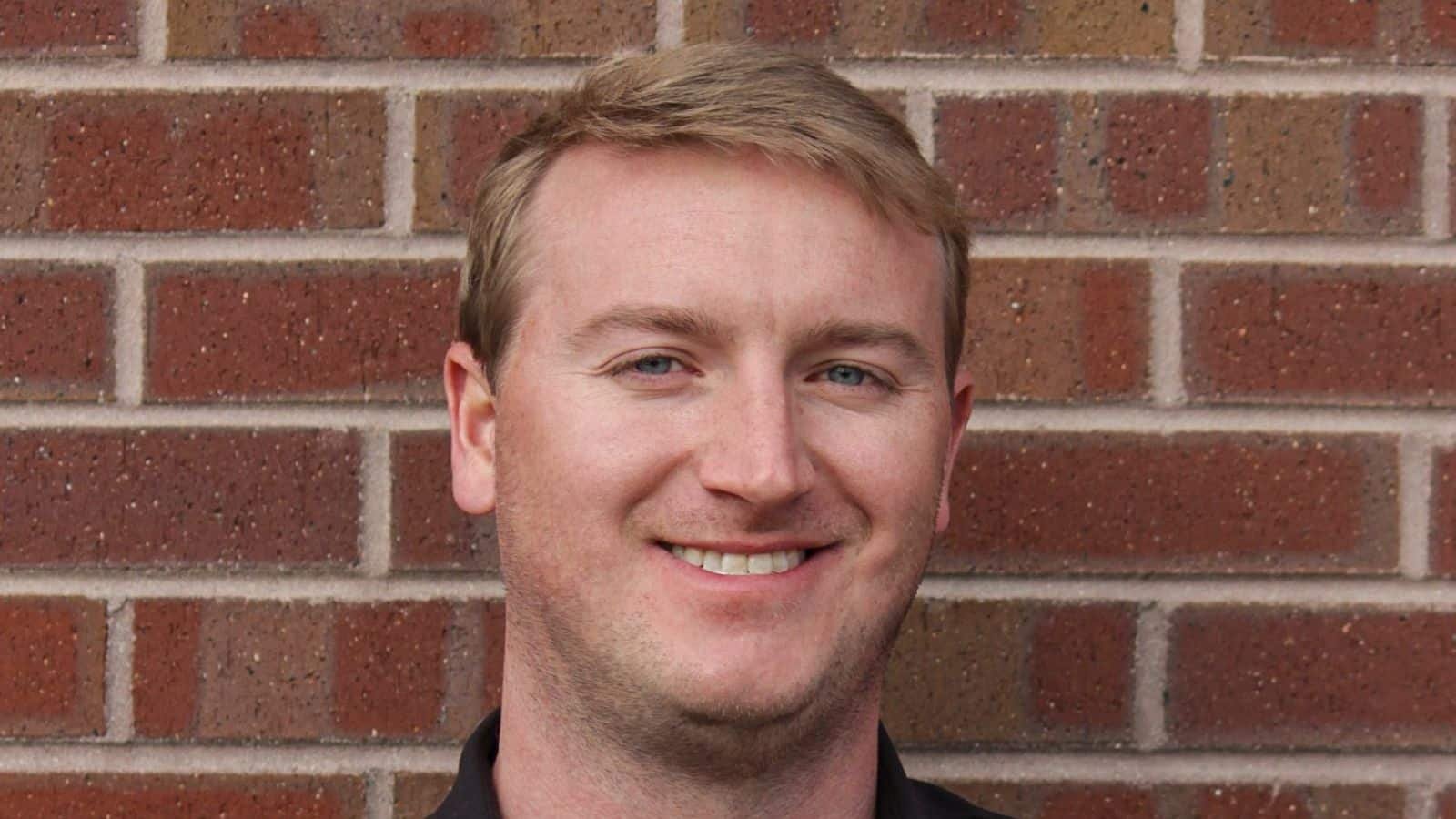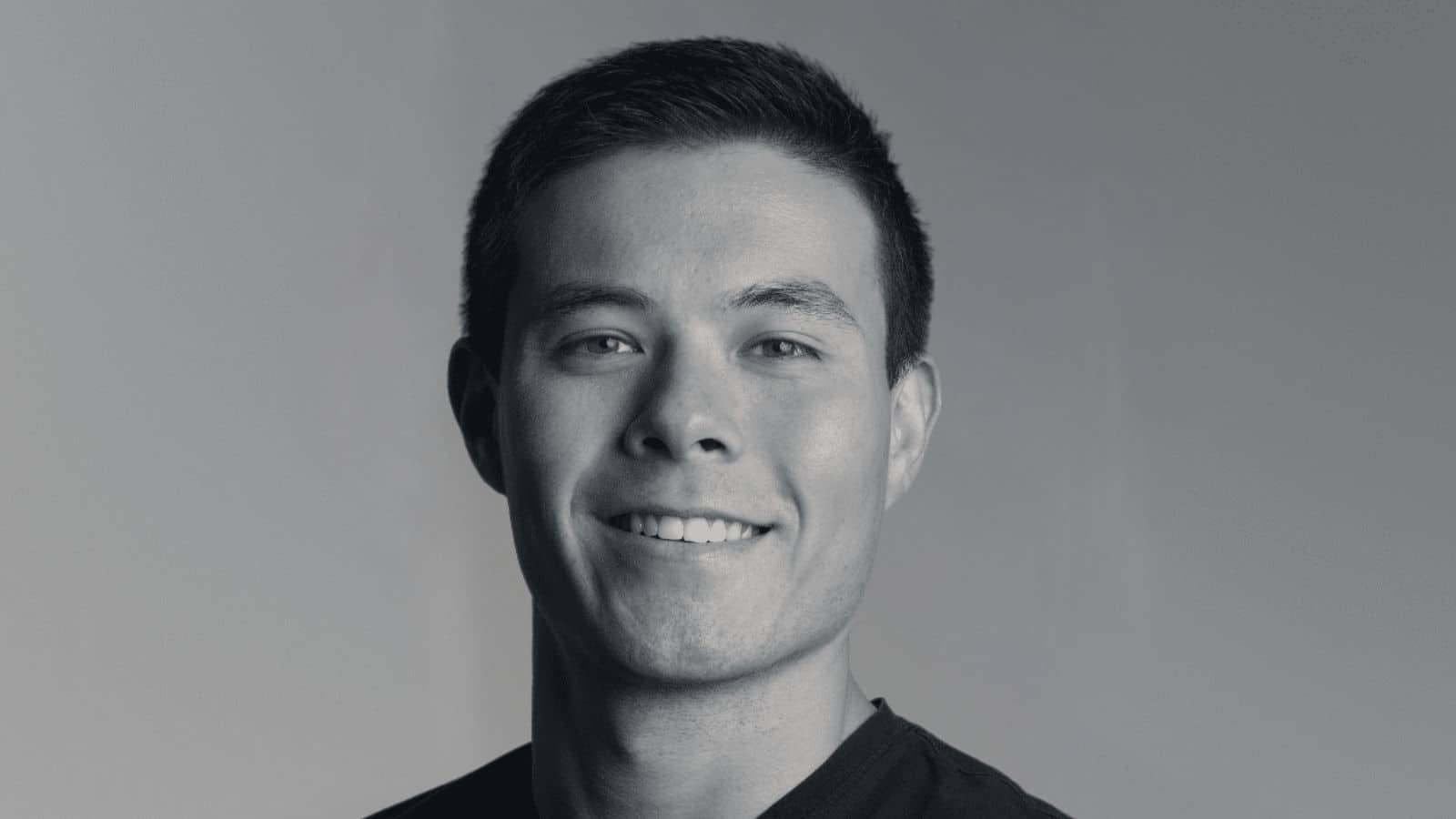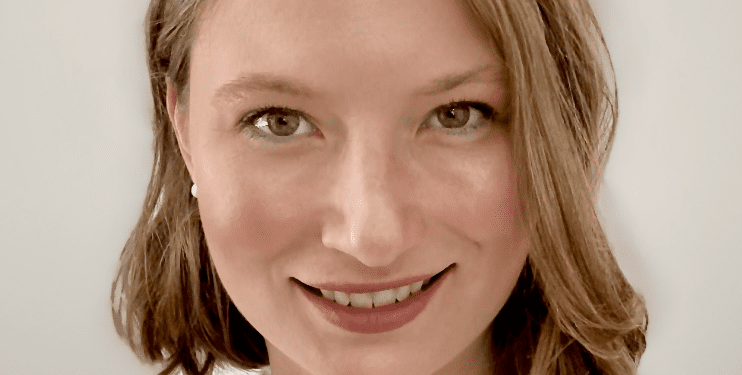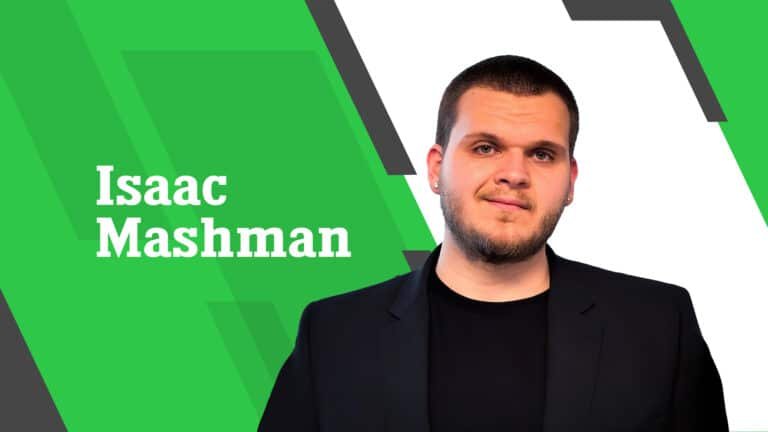Caleb Avery – Tilled – Helping Companies Start Generating Revenue From Accepting Credit Cards
“One piece of advice I wish I’d received long before the pandemic — and am glad I decided to try out when COVID started — is to put yourself out there on social media sites and networks like LinkedIn.” – Caleb Avery
With experience in the payments industry for over a decade, Caleb Avery was often asked to help software companies who were looking to monetize their payments. Unable to find a solution that didn’t require his clients to compromise on either technology, user experience, or economics, he decided that he needed his own solution.That led him to build Tilled and create PayFac-as-a-Service.
Caleb first started working in the payments industry while in college, co-founding a credit card processing independent sales organization, or ISO, with a few of his friends. Beginning with very traditional credit card processing customers including restaurants, salons, liquor stores and other brick and mortar businesses, Merchant Services Done Right later expanded into processing services for e-commerce businesses, software companies and now operates in 22+ states across the country.
Over the years, he also consulted for larger software companies processing anywhere from $100 million to over a billion in annual payments volume. These clients needed a payments expert to help them negotiate agreements, develop new pricing models, and maximize their revenue from credit card processing.
It was working with these businesses that he realized software companies who were looking to optimize their integrated payment processing solution were really looking for two key things. One, an instant digital sign-up experience for their customers. And two, to maximize the revenue they could earn.
Tilled’s revolutionary PayFac-as-a-Service platform allows software companies to enjoy all of the benefits of becoming a PayFac without any of the upfront investment or ongoing overheads, all while capturing the lion’s share of the economics.
We are thrilled to have you join us today, welcome to ValiantCEO Magazine’s exclusive interview! Let’s start off with a little introduction. Tell our readers a bit about yourself and your company.
Caleb Avery: I first started working in the payments industry in college, beginning with very traditional credit card processing customers including restaurants, salons, liquor stores and other brick and mortar businesses. Over the years I started to consult for larger software companies processing anywhere from $100 million to over a billion in annual payments volume. These clients needed a payments expert to help them negotiate agreements, develop new pricing models, and maximize their revenue from credit card processing.
It was working with these businesses I realized software companies that were looking to optimize their integrated payment processing solution were really looking for two key things. One, an instant digital sign-up experience for their customers. And two, to maximize the revenue they could earn.
Unfortunately, I was unable to find a solution that didn’t require my clients to compromise on either technology, user experience, or economics. So I decided to create my own solution, and Tilled was born.
Tilled empowers ISVs to monetize the payments flowing through their platforms with PayFac-as-a-Service. Through Modern APIs and SDKs, Tilled’s turnkey system allows software companies to be set up and running in a matter of weeks, with no upfront costs or additional headcount required. Without any of the headaches, regulatory compliance, or liabilities of becoming a fully registered payment facilitator, Tilled makes it easy for any software company to take full advantage of the benefits of payment facilitation.
2020 and 2021 threw a lot of curve balls into business on a global scale. Based on the experience gleaned in the past couple years, how can businesses thrive in 2022? What lessons have you learned?
Caleb Avery: Businesses can thrive by continuing to focus on their core product and mission, and ensuring they have product-market fit. In many ways, the last two years provided an opportunity for me with Tilled to slow down and make sure what we were building at Tilled would actually solve a problem.
I was able to talk with many potential customers, and find out exactly what they needed and if they’d be willing to pay for it. Before we dove in on building a product that maybe no one would have wanted, we were able to get market validation first.
The pandemic seems to keep on disrupting the economy, what should businesses focus on in 2022? What advice would you share?
Caleb Avery: Again, focus on your core business. At Tilled, that’s one part of our mission that we’re proud of – through PayFac-as-a-Service we allow software companies to focus on what they do best, while allowing them to add a new revenue stream where we take care of all of the regulations, compliance needs and liabilities that come with payments.
It’s easy to get distracted in times like these, but I believe if you stay true to your mission and solve a real problem, you’ll find success no matter what is going on in the larger economy.
How has the pandemic changed your industry and how have you adapted?
Caleb Avery: In many ways, COVID provided opportunities and accelerated trends that were very positive for the payments industry. Forbes estimates that COVID helped accelerate e-commerce growth four to six years into the future. There are stronger positive trend lines towards digital payments now than there were before the pandemic. COVID truly changed the way that consumers pay for things, and how merchants look at their payment software and products. It’s exciting that Tilled is a part of that conversation.
What advice do you wish you received when the pandemic started and what do you intend on improving in 2022?
Caleb Avery: One piece of advice I wish I’d received long before the pandemic — and am glad I decided to try out when COVID started — is to put yourself out there on social media sites and networks like LinkedIn. At the start of the pandemic, after years of only pursuing in-person networking, I had no choice but to try social media. Turns out, it paid off more than I ever could have imagined.
Just in just the last 90 days, my LinkedIn profile has had over 200,000 views, and all of those impressions have been just as much for Tilled as for me. When I think about our pipeline of customers and investors, many of them have come from LinkedIn and the personal brand I’ve built online. I can’t recommend enough that everyone gets on there and starts talking about what interests you. You’ll find and attract similar people and sharing your experiences will pay dividends for yourself and your business.
Tilled also hired a social media strategist who is now helping not only with our company page but my personal one as well. We’re already seeing even better results, and I’m looking forward to what this year will bring.
Online business surged higher than ever, B2B, B2C, online shopping, virtual meetings, remote work, Zoom medical consultations, what are your expectations for 2022?
Caleb Avery: There’s no going back, especially when it comes to digital and software-led payments. This summer, I stood up at a conference full of sales agents who all operate in the traditional payments space and declared the “death of the ISO” – Independent Sales Organizations for which many of them work.
I was a bit worried about how it would go over, but I think everyone in the room knows that digital payments are cutting into their space, and will only become a bigger piece of the pie moving forward. Based off the entirely positive feedback I received after I was off the stage, I predict that digital and software-led payments are going to be a focus not just for the SaaS companies that integrate payment services onto their platforms, but for the entire payments industry.
How many hours a day do you spend in front of a screen?
Caleb Avery: Too many. But seriously, I do spend a fair bit of my time in front of my computer, on Zoom calls, or texting with my employees. At the same time, we really value a work-life balance at Tilled, and family always comes first. Every day, I have a block on my schedule so I can go and pick up my daughter from school.
This summer, we implemented Summer Fridays so employees can have a few extra hours to enjoy their weekends. There’s hard work to be done for sure, but I also know how important it is for me to set an example for my employees. I want to enjoy my life and time with my family just as much as anyone else.
The majority of executives use stories to persuade and communicate in the workplace. Can you share with our readers examples of how you implement that in your business to communicate effectively with your team?
Caleb Avery: Especially with all the growth Tilled has experienced this year, 15 to over 60 employees in less than 12 months, telling the story of why I started Tilled and how we got to where we are today is so important for creating our culture of transparency, fairness, and innovation. While some of our employees have operated in the payments space for decades, others are entirely new to the industry.
It’s important to me that they know that we don’t operate like other payments companies, who often manipulate and trick their customers with hidden fees, outrageous contracts, and misaligned incentives. I have a million stories when it comes to things like that, and that’s why it’s so important to me that Tilled writes a new one.
Business is all about overcoming obstacles and creating opportunities for growth. What do you see as the real challenge right now?
Caleb Avery: As software-led payments become a larger and larger piece of the overall payments pie, the payments industry will have to recognize the specific needs and challenges of these platforms and customers.
Software-led payments is more than just ecommerce or online invoicing as many software platforms are starting to offer solutions for card present transactions, which historically have not been an area the major managed PayFacs like Stripe and Braintree have excelled at. Likewise, legacy processors like Worldpay have not developed the modern technology and support that software companies require to be successful when it comes to integrating payments. These are challenges we are excited to tackle at Tilled as we continue to revolutionize the integrated payments landscape.
In 2022, what are you most interested in learning about? Crypto, NFTs, online marketing, or any other skill sets? Please share your motivations.
Caleb Avery: Crypto does seem to be a hot topic of conversation, and I’ll be honest it’s not one I know a lot about. I’m definitely interested in learning more, but I’m also focusing right now on doing what I need to do to increase Tilled’s exposure in the market and further our mission of changing the payments industry for the better. Online marketing has been a focus of mine for several years now as I’ve built my LinkedIn presence, but it seems there’s always more to learn. Staying on top of the trends there will always be a priority.
A record 4.4 million Americans left their jobs in September in 2021, accelerating a trend that has become known as the Great Resignation. 47% of people plan to leave their job during 2022. Most are leaving because of their boss or their company culture. 82% of people feel unheard, undervalued and misunderstood in the workplace. Do you think leaders see the data and think “that’s not me – I’m not that boss they don’t want to work for? What changes do you think need to happen?
Caleb Avery: There’s no doubt that the job market is changing, but I’m proud of how Tilled has adapted and changed with it. While we recently opened a new office near Boulder, Colorado, we are primarily a work-from-home company and offer our employees a lot of flexibility when it comes to where and how they work. We recruit nationally and believe in hiring the best candidates, no matter where they are.
We also place a huge focus on creating a positive culture at Tilled, and we recognize that every new person we bring on has the ability to change that culture. Recently, we were ranked one of the best paying companies in Colorado, an honor I’m truly proud of as a founder.
But the fact is right now everyone is offering competitive packages in terms of pay and benefits. Let’s call those the table stakes. In this market, I believe you have to find a way to differentiate yourself and your company in order to attract the best candidates.
It can’t just be a higher salary, or you’ve already lost. At Tilled, our mission of changing the payments landscape for the better has driven many of our employees to us and helped us attract senior leaders in the payments space. Many of our current employees had multiple job offers when they accepted their positions at Tilled, and they made their decisions off of intangible factors that set us apart. They wanted to believe in the product and the mission of the company and found that at Tilled.
On a lighter note, if you had the ability to pick any business superpower, what would it be and how would you put it into practice?
Caleb Avery: Inbox Zero. If I could somehow find a way to go through and respond to all the emails I get in a day, I know a lot of people (including myself) who would be much happier. Thankfully, I do have a real life superhero, my assistant Stephanie, who helps me stay on top of it. I’d be entirely lost without her.
What does “success” in 2022 mean to you? It could be on a personal or business level, please share your vision.
Caleb Avery: To me, success looks like revolutionizing the payments industry for the better. There are too many companies out there that operate in darkness and play games with their customers, and unfortunately they’ve gotten away with it for way too long.
At Tilled, we not only have a revolutionary product with PayFac-as-a-Service, but we offer it in a revolutionary way – transparently, with honesty and integrity towards all of our stakeholders. In my opinion, we can’t have success in one area without the other.
This interview was originally published on ValiantCEO.







